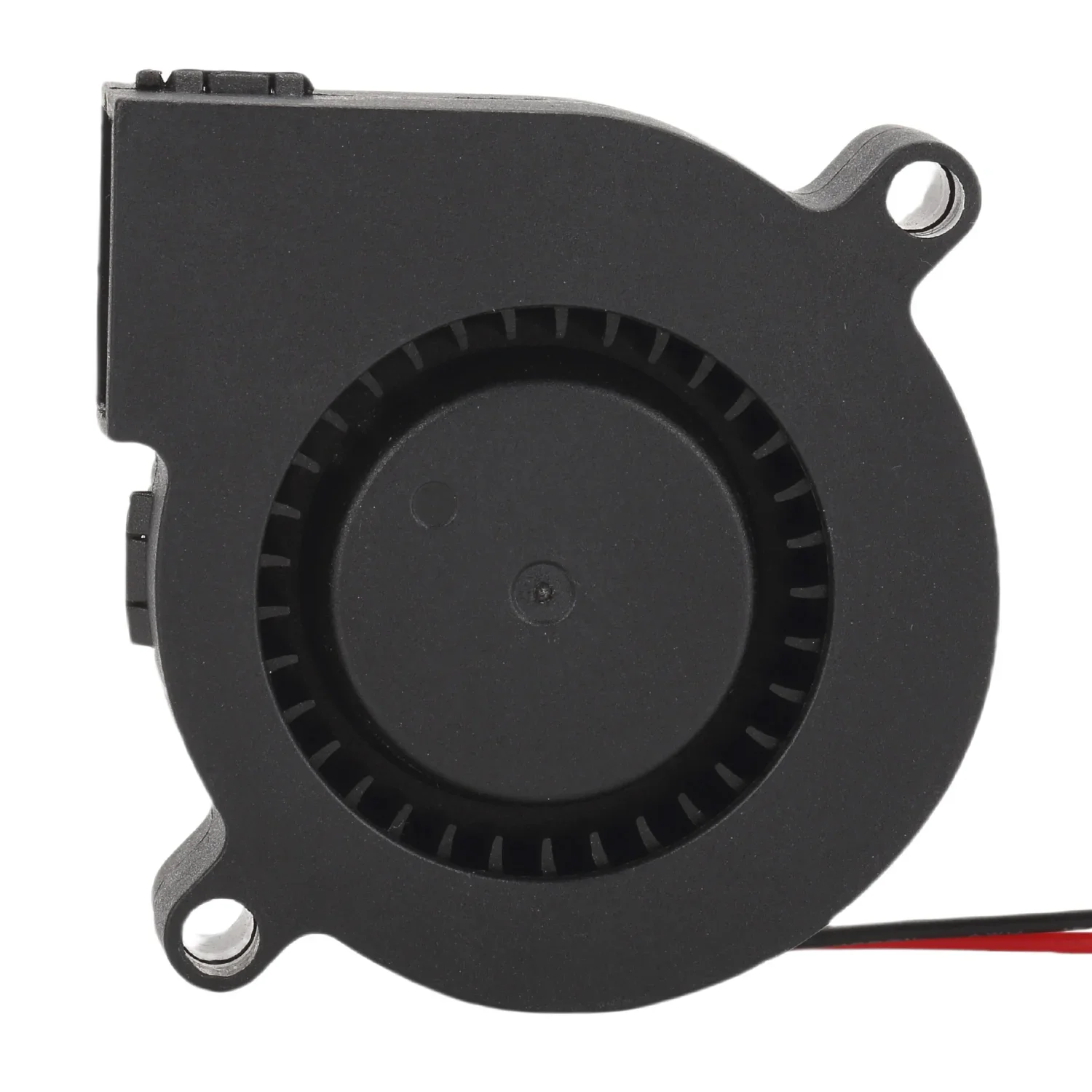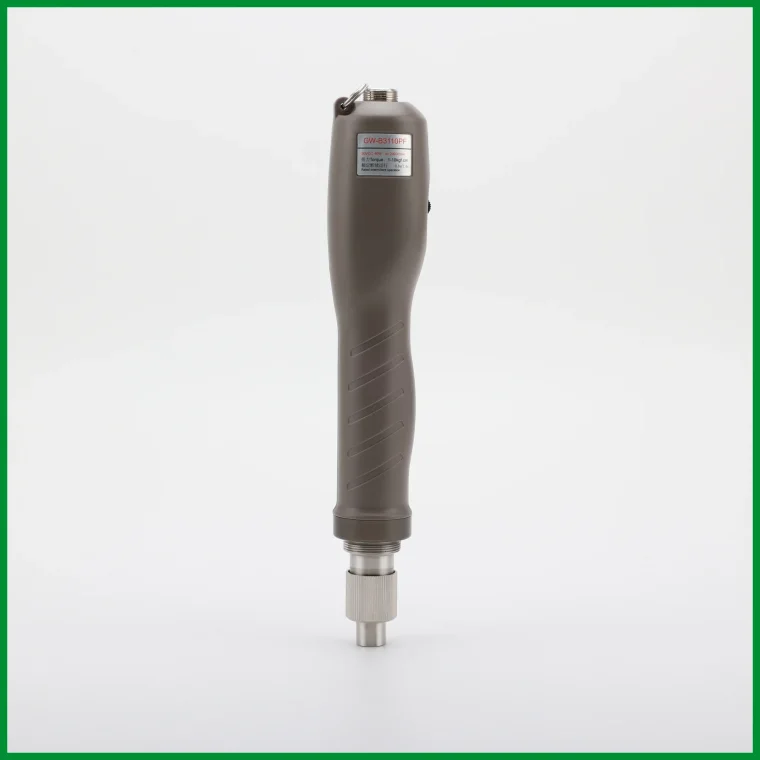Mechanical pumps have revolutionized various industries by efficiently transferring fluids and gases. However, despite their widespread use, it is crucial to understand the disadvantages associated with these devices. In this blog post, we will delve into the drawbacks of mechanical pumps, shedding light on their limitations and potential challenges. By exploring these aspects, we aim to provide valuable insights for professionals and enthusiasts alike.
- Limited Efficiency and Energy Consumption:
One of the primary disadvantages of mechanical pumps is their limited efficiency, especially when handling viscous fluids or gases. These pumps often struggle to maintain a consistent flow rate, leading to reduced performance. Additionally, mechanical pumps can consume significant amounts of energy, resulting in higher operational costs and environmental impact. Engineers and researchers are continuously working towards developing more energy-efficient alternatives to mitigate these drawbacks. - Maintenance and Reliability Concerns:
Mechanical pumps require regular maintenance to ensure optimal performance and longevity. The moving parts, such as impellers and seals, are prone to wear and tear, necessitating frequent inspections and replacements. Moreover, the reliability of mechanical pumps can be compromised in harsh operating conditions, such as high temperatures or corrosive environments. These factors contribute to increased downtime and maintenance costs, impacting overall productivity. - Noise and Vibrations:
Another drawback of mechanical pumps is the generation of noise and vibrations during operation. This can be a significant concern in industries where noise pollution is strictly regulated or in applications where a quiet working environment is essential. Noise and vibrations not only affect the comfort of workers but can also lead to structural damage if not properly addressed. Manufacturers are continuously researching and implementing noise reduction techniques to mitigate these issues. - Limited Flexibility and Adaptability:
Mechanical pumps are designed for specific applications and may not be suitable for versatile or specialized tasks. Their fixed operating characteristics and limited adaptability can pose challenges when dealing with varying fluid viscosities, temperatures, or pressures. In such cases, alternative pump technologies, such as positive displacement pumps or centrifugal pumps, may offer more flexibility and better performance. - Risk of Contamination and Leakage:
Mechanical pumps, particularly those with dynamic seals, can be prone to leakage, leading to potential environmental hazards and safety risks. Contamination of the pumped fluid or gas can occur due to seal failures or improper maintenance, compromising the quality of the end product or causing damage to equipment downstream. Implementing stringent quality control measures and regular inspections can help mitigate these risks, but it remains a concern associated with mechanical pumps.
Conclusion:
While mechanical pumps have undoubtedly played a vital role in various industries, it is essential to acknowledge their disadvantages to make informed decisions regarding their usage. Understanding the limitations of mechanical pumps, such as limited efficiency, maintenance requirements, noise generation, inflexibility, and potential leakage risks, enables professionals to explore alternative solutions or implement necessary precautions. By staying informed and embracing advancements in pump technology, industries can optimize their operations and mitigate the challenges posed by mechanical pumps.


